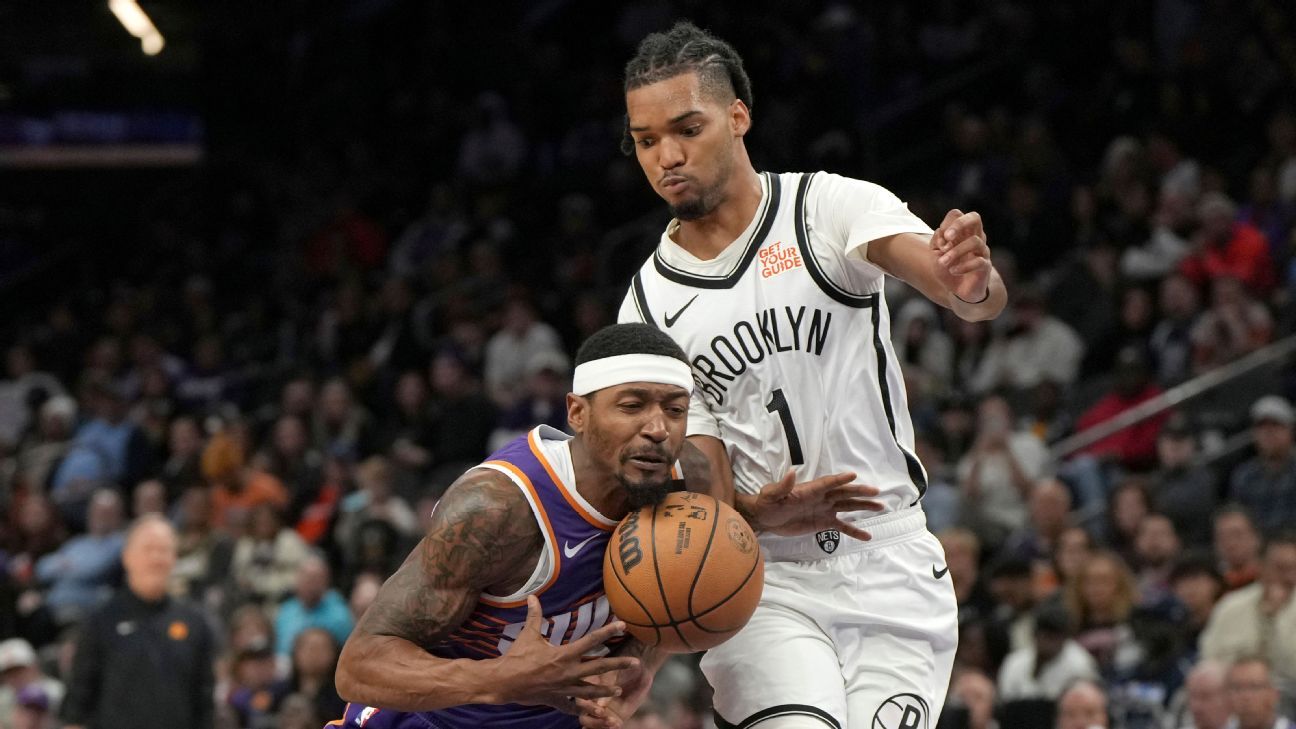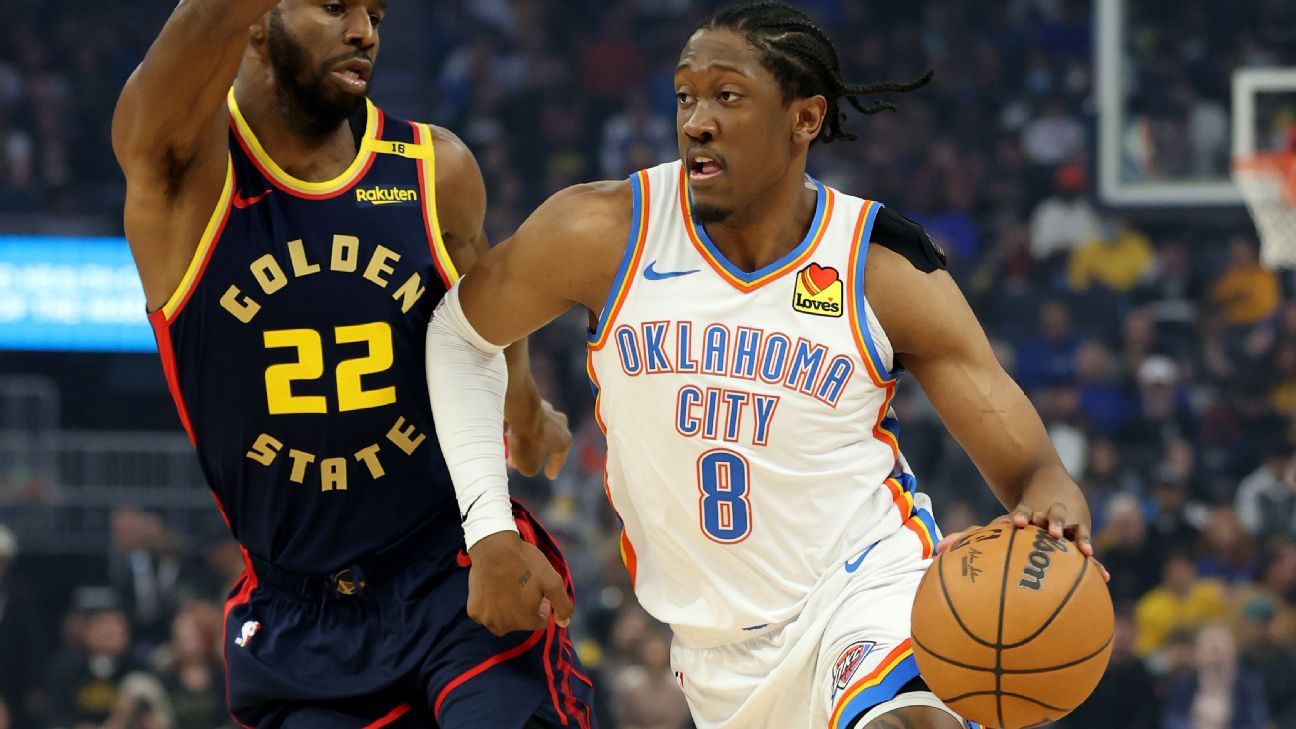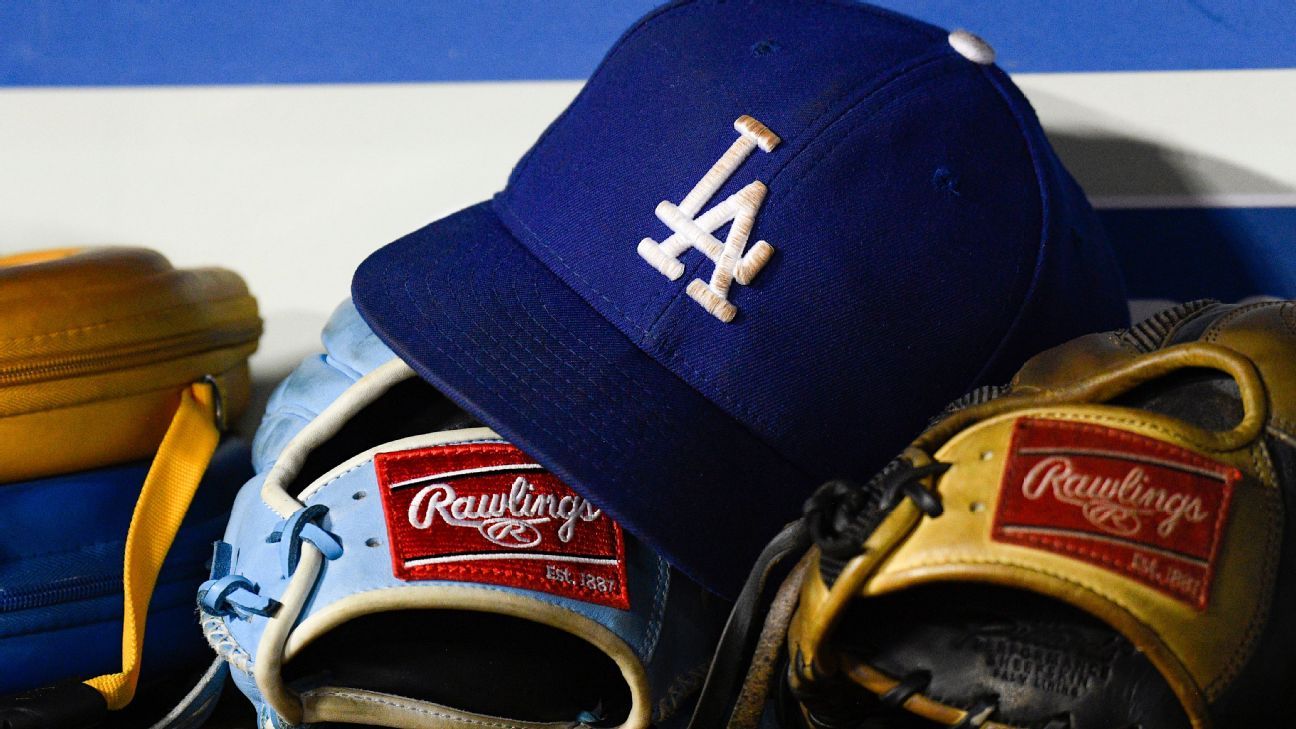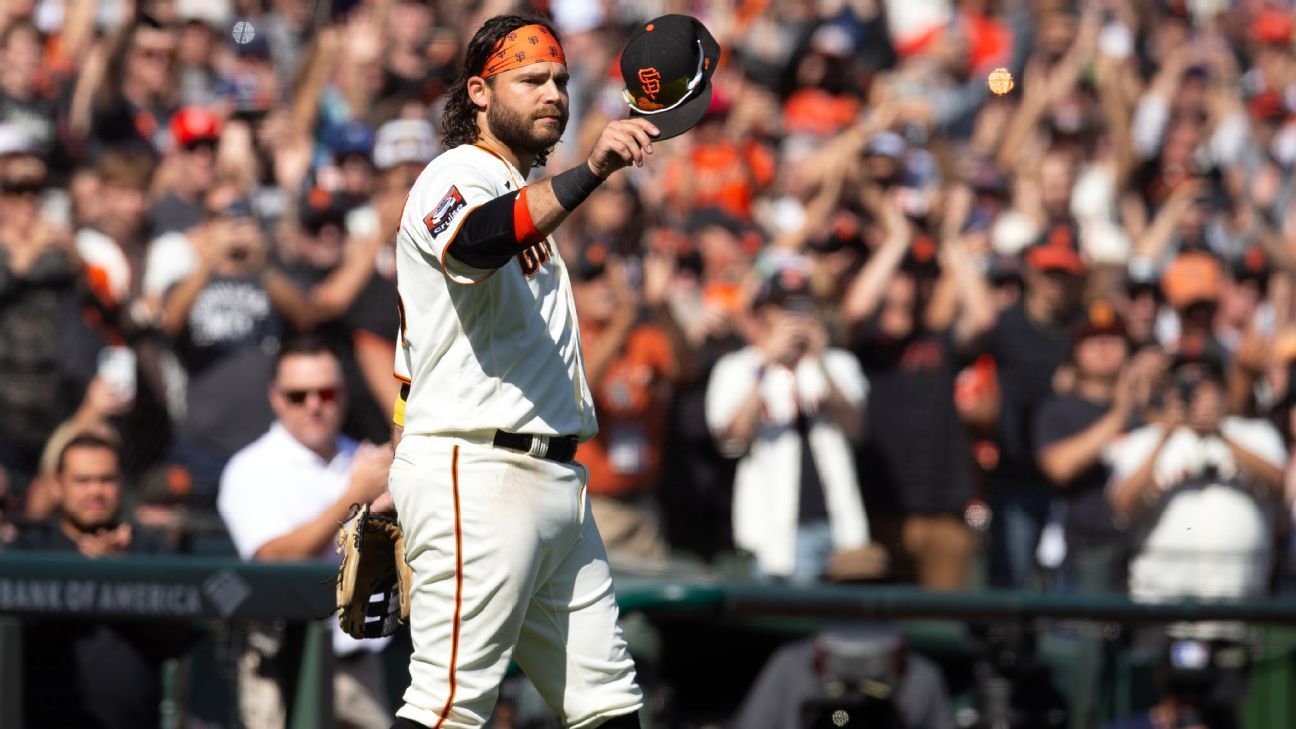
United States women's defender Tierna Davidson wants to see her team use its "influential voice" to advocate for equal treatment of female players in countries around the globe.
Davidson, who was on the USWNT that won the World Cup in France four years ago, was announced as the newest member of the U.S. Women's National Team Players Association on Monday.
While the U.S. women fought for and won its landmark equal pay agreement with U.S. Soccer last spring, Davidson believes there is more to be done.
"I think that now our eyes turn to, 'OK, we've gotten a good foothold here in domestically and now what else can we do internationally?' Whether it's helping other international teams with their federations, whether it's FIFA, CONCACAF, whomever needs to hear from us," Davidson said.
"We're a very influential voice and we've got a lot of power in that sense, and I think that we understand that, and we hope to harness that as much as possible."
The women continue to advocate for better wages and treatment in the game both nationally and internationally as the team prepares for this summer's Women's World Cup in Australia and New Zealand.
In March, FIFA announced that the prize money for the WWC would total $150 million -- a 300% increase over 2019, but still only about a third of the $440m the men got in Qatar 2022.
In 2019, 20-year-old Davidson was the youngest player on the U.S. roster that won the World Cup in France. She solidified her role on the team before injuring her knee last March and sitting out for a year. Finally healthy, she is fighting for a spot on the U.S. squad that will attempt to defend its two straight World Cup titles.
Davidson has also become a vocal leader for a union that scored big last year when U.S. Soccer agreed to a new collective bargaining that pays its men's and women's national teams equally, including a split of World Cup prize money.
Davidson replaces Sam Mewis, who opted to end her four-term tenure as vice president and treasurer after a serious injury that will keep her away from the team for the foreseeable future, on the USWNTPA. She joins Becky Sauerbrunn, who remains the association's president, and Crystal Dunn, VP and secretary, on the leadership team.
"I've admired Tierna's thoughtfulness, intelligence and composure from the first moment I met her," Sauerbrunn said. "To have her as a player representative during this time of growth of the women's game is hugely beneficial to all of us. As we continue to strive to improve global standards, having her strategic mind involved in the decision-making process will open new doors of possibility."
In addition to their role as advocates, Davidson said players want to ensure that safeguards are in place -- or created -- to prevent abuse and misconduct throughout the game. A series of scandals in the National Women's Soccer League over the past two years spurred investigations by both the NWSL and U.S. Soccer.
"A lot of what we've seen is such incredible exponential growth in women's soccer," Davidson said. "But there needs to be also that exponential growth in the rules and the policies and the structure to make sure that everybody is safe, everybody knows clearly what their roles are, everybody can feel comfortable and feel like they can thrive."
Davidson won an NCAA title with Stanford in 2017 and a year later was named U.S. Soccer's Young Player of the Year. She went on to be the top overall pick in the 2019 NWSL draft for the Chicago Red Stars.
Following the World Cup triumph in France nearly four years ago, she won a bronze medal with the team at the Tokyo Olympics. She has made 48 appearances for the United States and could reach 50 in the coming days when the team plays exhibitions against Ireland on Saturday in Austin, Texas, and again on April 11 in St. Louis.
It is her first call-up with the national team since she tore her ACL in March 2022 during training with the Red Stars. While the recovery process was arduous, Davidson stayed connected to her teammates.
"We've talked about the growth that's happened in the NWSL and in other domestic leagues internationally, and how can they get more viewers, more fans to games, more investment -- because the opportunity is there," Davidson added. "The quality of soccer is there. The markets are there and the markets are excited.
"I feel like really the only barrier to women's sports absolutely exploding is just access -- accessibility on TV, accessibility on news and social media platforms. Just putting us in places where we can be seen. And then let us do the rest of the work."















 Phone: (800) 737. 6040
Phone: (800) 737. 6040 Fax: (800) 825 5558
Fax: (800) 825 5558 Website:
Website:  Email:
Email: 






